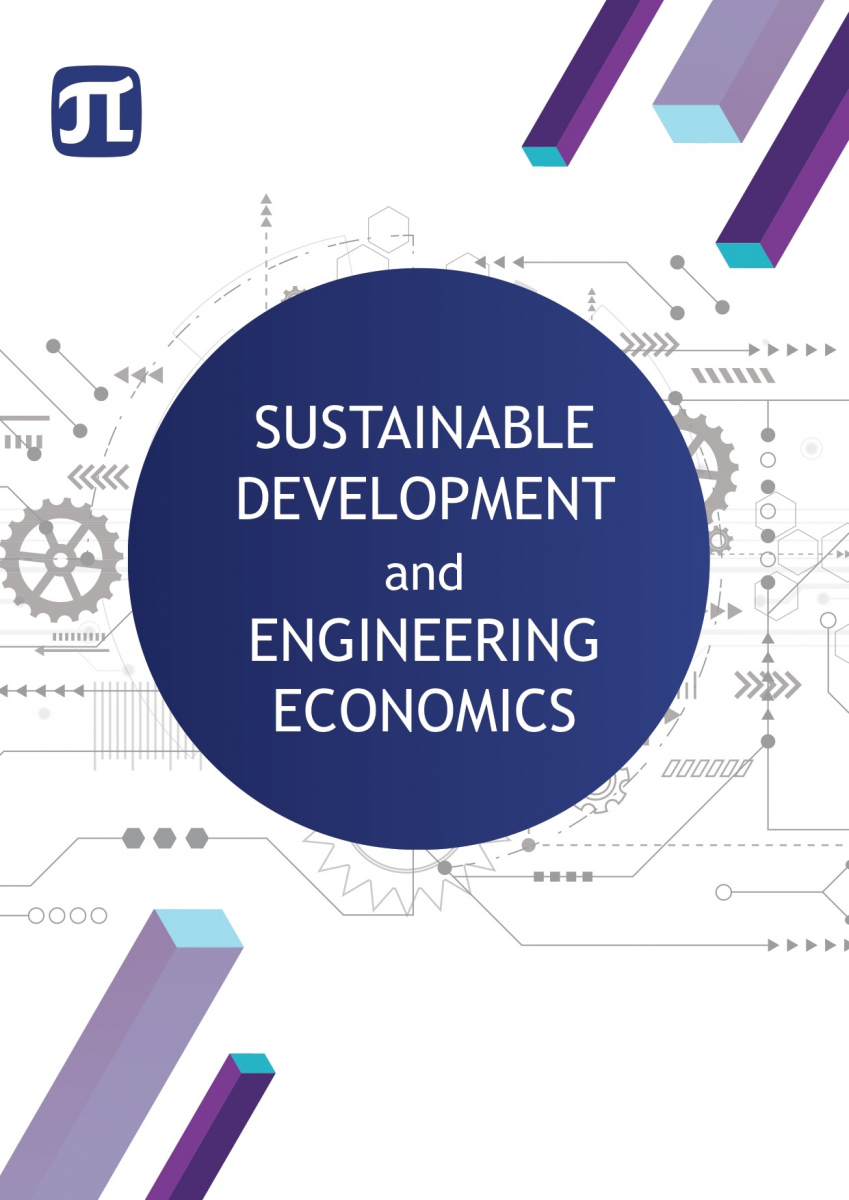ACHIEVING SUSTAINABLE DEVELOPMENT THROUGH THE EFFECTIVENESS AND EFFICIENCY OF EU STRUCTURAL AND INVESTMENT FUNDS IN SELECTED MEMBER STATES WITH A SPECIAL FOCUS ON BULGARIA
The present research is focused on achieving sustainable development through the evaluation of the effectiveness of implementing European funds in member states, with a special focus on Bulgaria. The aim of this article is to analyse the added value of European funds and their effectiveness and efficiency on the national economy to understand their proper contribution to the sustainable development of concrete member states. Based on official data, both on national and European levels and their comprehensive analysis, the author concluded that the effectiveness of European Union (EU) funds and therefore their role in the sustainable development of the country varies depending on the member state. The national management system and its ability to act flexibly and adaptively is crucial in terms of optimizing the added value of the initial planned and allocated resources from programmes funded by European Structural and Investment Funds (ESIF). Although there are very clear rules and specific legislation concerning the level of financial support, as can be seen from the data, member states with relatively the same level of development, population and territorial area begin the programming period with different planned budgets for ESIF programmes. Therefore, apart from everything else, the strong negotiation skills of the governmental representatives in the process of programming the next programming period are necessary to obtain good starting results.


